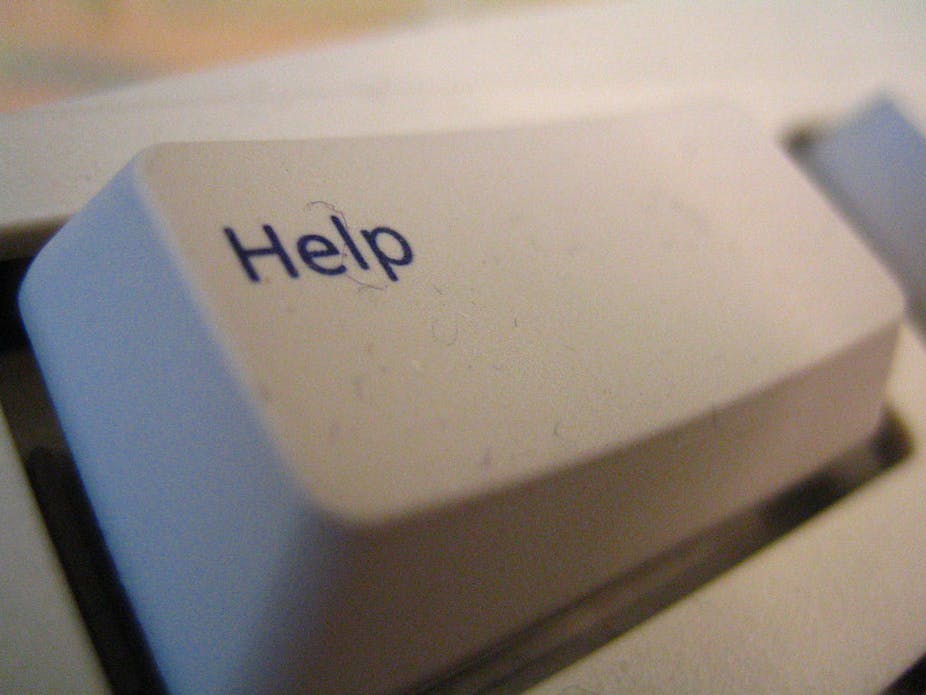Imagine your partner experiences extreme mood swings: you’ve seen them at their lowest, you’ve seen them at their highest, you’ve seen them when they are well. You’ve “monitored” their mood, checked they’ve taken their medication, that they eat well, sleep enough. You’ve taken them to hospital and looked after them after discharge. You’ve done the lot. You’re their carer when they are unwell, their partner when alright, their confidant, significant other, next of kin, better half. You’re there day and night.
You start noticing that they are getting ill again. You are scared about yourself, afraid about what is due to come. You contact the health services to let them know and ask for help. They respond: “I am afraid we cannot speak to you without the written consent of your partner. It’s confidential.”
Over 2,500 years ago, Hippocrates referred to “confidentiality” as “all that may come to my knowledge in the exercise of my profession or in daily commerce with men, which ought not to be spread abroad, I will keep secret and will never reveal.” This today forms part of the Hippocratic Oath taken by medical doctors and in most countries it is a legal right governed by various parliamentary acts and codes of practice that define professional relationships with patients and data protection.
Confidentiality has evidently lasted a long time and for good reasons. But carers of people with mental health problems do not always experience it positively.
Conversely, some people with mental health problems often want their carers to be involved when they are well, but object to any involvement when unwell. This makes things difficult for health professionals, who feel the pressure when it comes to deciding what they can and can’t share with carers and when. In effect, they often avoid carers and refuse to talk to them because they are afraid of breaking confidentiality. As one told us during a recent project of ours:
We hide behind the confidentiality thing sometimes because it’s complicated … If someone wants to talk to you, you’re worried about confidentiality; you then have to end the conversation.
But rather than employing confidentiality as a black and white concept that can work against care, appropriate information should be shared with carers on a need-to-know basis. Appropriate information is often relevant to the nature of the person’s experiences, how to care, and how to prepare.
In effect, sharing information with carers is not governed by an all or nothing rule – there is always something that can and often should be shared. There are different types of information such as general information, personal and/or personal and sensitive.
General information includes information in the public domain on mental health problems, available treatments or resource directories for local services. Personal is about specific information relating to the care of the service user such as diagnosis, medication types or content of their care plan, and personal sensitive is information that is of a highly personal nature such as HIV status, history of sexual and emotional abuse or views on relationships with family members.
While based on this distinction it seems rather straight forward what health professionals should share or not, it is far from it. When a carer asks a question that requires disclosure of personal sensitive information, health professionals need to be able to think, explore and decide what can be shared – and also what to do when the person experiencing mental health problems refuses sharing with carers. Is it possible that by not sharing, carers or other vulnerable adults or children may be exposed to risk? And would sharing be relevant on this particular occasion with this particular individual? In fact, in certain cases health professionals that fail to share even personal sensitive information, may go against carers’ rights, for example if illicit drugs have been used in the presence of minors.
Changes over time
Consent changes over time and health professionals should keep an ongoing conversation with service users about what to share and what not to share and with whom, and this should be documented in the form of advance statements.
With more people currently being treated in the community, the system heavily depends on carers. There is no dilemma then as to whether carers should be involved or not. It is about how to ensure that they are involved in the most effective ways by endorsing confidentiality and not perceiving it as something that gets in the way. Engaging with the complexity of information sharing in such contexts is difficult, but this shouldn’t block relatives from being involved unless safeguarding issues towards the service user suggest otherwise.
And as most carers often complain: there is nothing confidential about listening to what they have to say.

